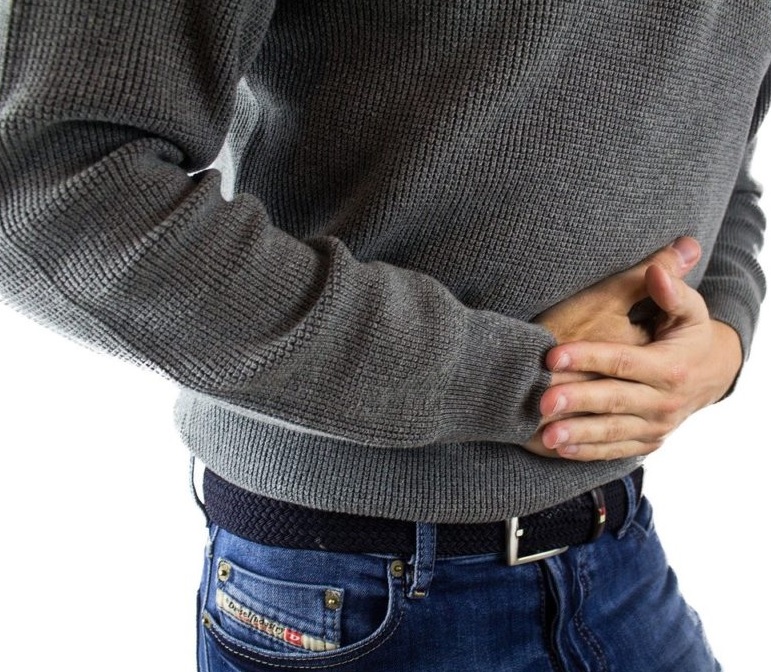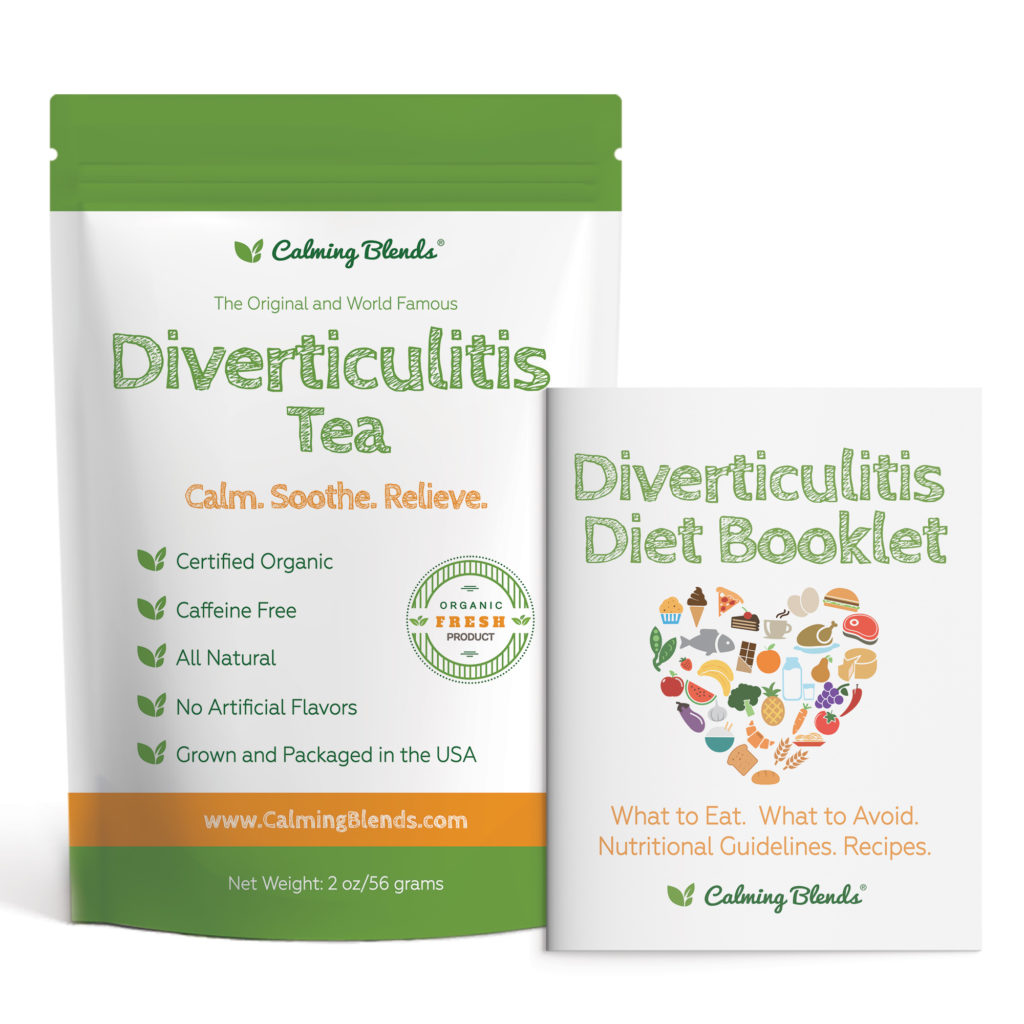What are the signs and symptoms of diverticulitis?
Diverticulosis cannot always generate any noticeable symptoms. You may not be aware of your disease until you have a colonoscopy or other sort of imaging that exposes the bulging pouches in your colon.
Diverticulitis develops when the pockets in your colon wall become inflamed and infected. It’s referred regarded as a diverticulitis attack or flare-up by some.
Sharp, cramp-like pain in your lower abdomen is the most prevalent symptom. The discomfort may strike unexpectedly and last for days without relief.
The pain is usually felt on the left side of the lower abdomen. People of Asian heritage, on the other hand, may be more likely to experience diverticulitis pain on the lower right side of their abdomen.
Diverticulitis can also cause the following symptoms:
- nausea
- vomiting
- chills
- fever
- constipation or diarrhea
- bloating
- tenderness over the affected area of your abdomen
Home remedies for Diverticulitis

If your diverticulitis is mild, your doctor may advise you to follow a clear liquid diet for a few days to allow your colon to heal. Don’t go on a liquid diet for any longer than your doctor recommends. Check out more home remedies for Diverticulitis.
Items that can be included in a clear liquid diet include:
- coffee or tea without milk or cream
- broths
- flavored carbonated water, seltzer water, or water
- ice popsicles without chunks of fruit
- fruit juice without pulp
- gelatin
Once your symptoms begin to improve, your doctor may advise you to begin including low-fiber foods in your daily diet, such as:
- yogurt, milk, and cheese
- cooked or canned fruits without the skin
- eggs
- fish
- white rice and pasta
- refined white bread
Other home therapies that may be beneficial include:
- Probiotics: These “good” bacteria, which are available in capsule, pill, and powder form, may help enhance the health of your digestive tract.
- Digestive enzymes: These proteins aid in the breakdown of food and the elimination of contaminants. Although there is no data to back up the benefits of digestive enzymes for diverticulitis, one study discovered that they may help relieve abdominal pain and other common digestive difficulties.
Before attempting dietary modifications or other home cures, always consult with your doctor.
Prevention
Although the specific cause of diverticulitis is unknown, there are several precautions you may take to reduce your risk of acquiring it, such as:
- Consume a high-fiber diet, avoiding red meat, full-fat dairy, fried meals, and refined grains. Consume more whole grains, fresh fruits and veggies, legumes, nuts, and seeds instead.
- Drink plenty of fluids: Aim for at least 8 glasses of fluids every day. Staying hydrated might help you avoid constipation and keep your digestive tract running smoothly.
- Regular physical activity can help promote good gut function.
- Maintain a healthy weight: Maintaining a healthy weight can help lessen the pressure on your colon.
- Don’t smoke: Smoking can create alterations in various sections of your body, as well as injury to your digestive system.
- Limit your alcohol consumption: Excessive alcohol use may disturb the balance of healthy bacteria in your gut.
- Use a stool softener: If you frequently strain during bowel movements, an over-the-counter stool softener may assist relieve the strain on your colon.
In conclusion
Your colon wall may become weaker as you age. This can result in the formation of tiny pockets or pouches in weaker sections of your colon. Infection of these pouches can result in a diverticulitis episode or flare-up.
A strong cramp-like discomfort, generally on the left side of your lower abdomen, is the most prevalent symptom of diverticulitis. Fever and chills, nausea, vomiting, and constipation or diarrhea are some of the other symptoms.
If you suspect you have diverticulitis, it’s critical to see your doctor right once to avoid the condition from worsening.
Diverticulitis is a painful and uncomfortable ailment that can be well controlled with the correct therapy and preventive measures.


